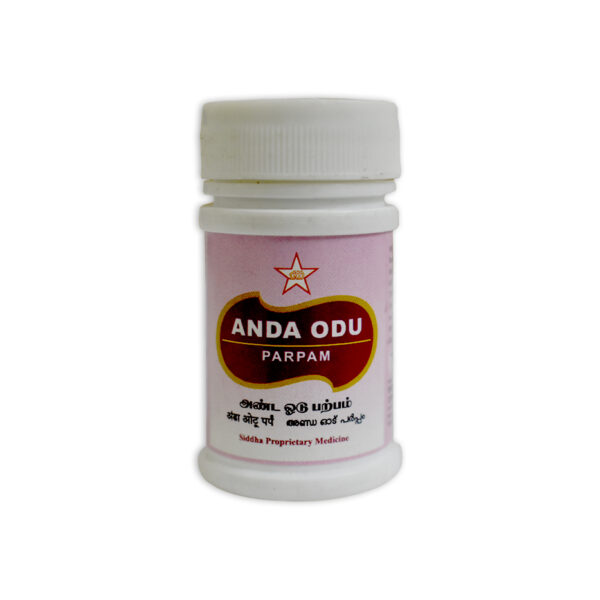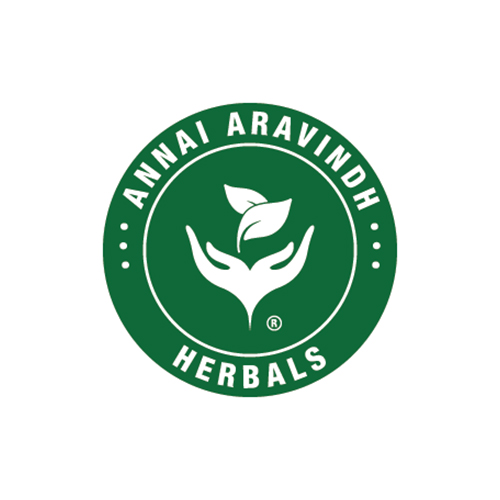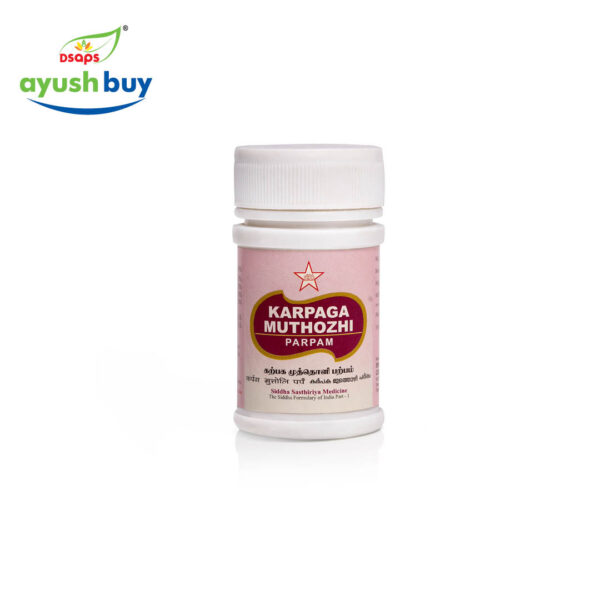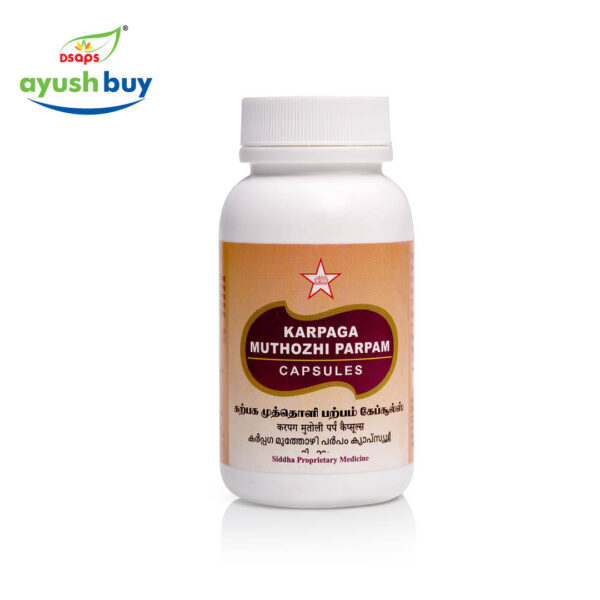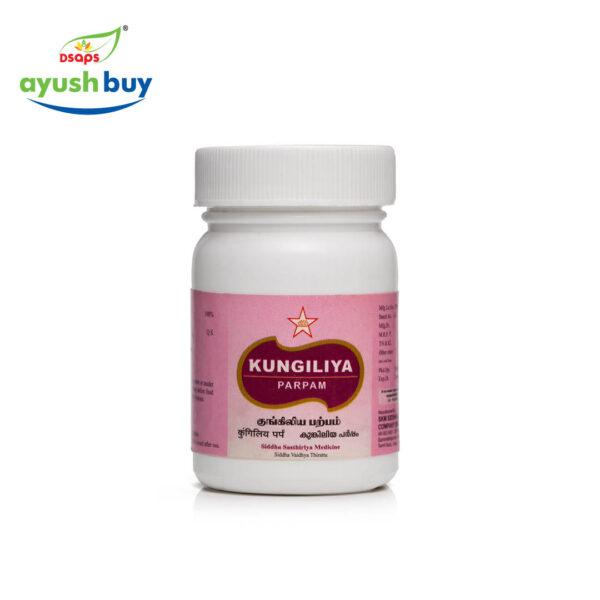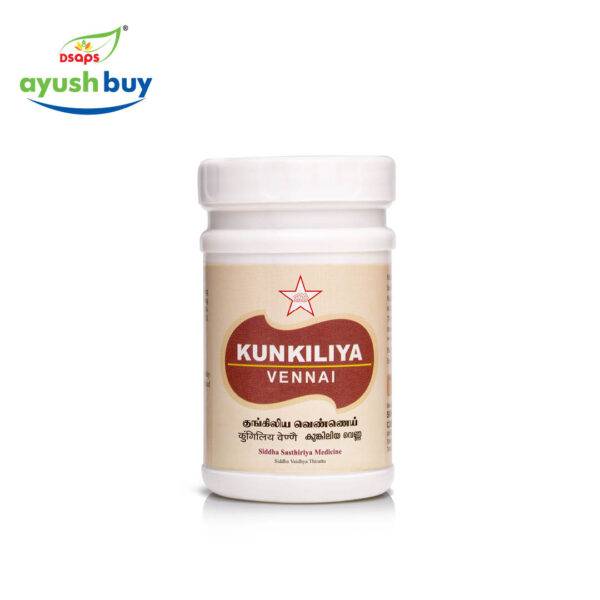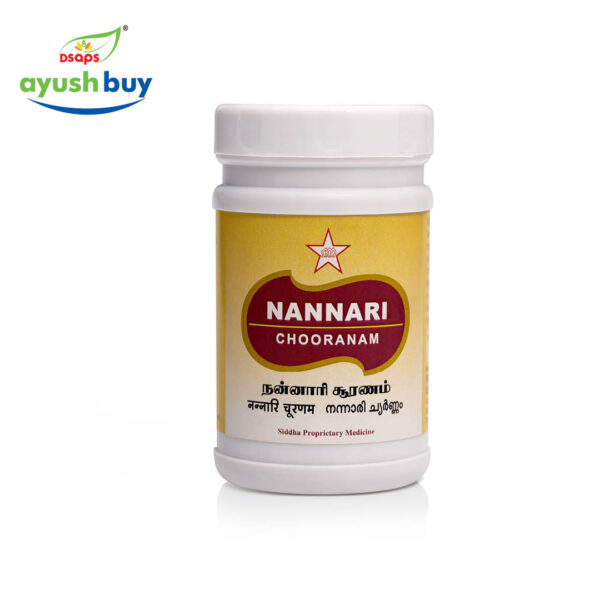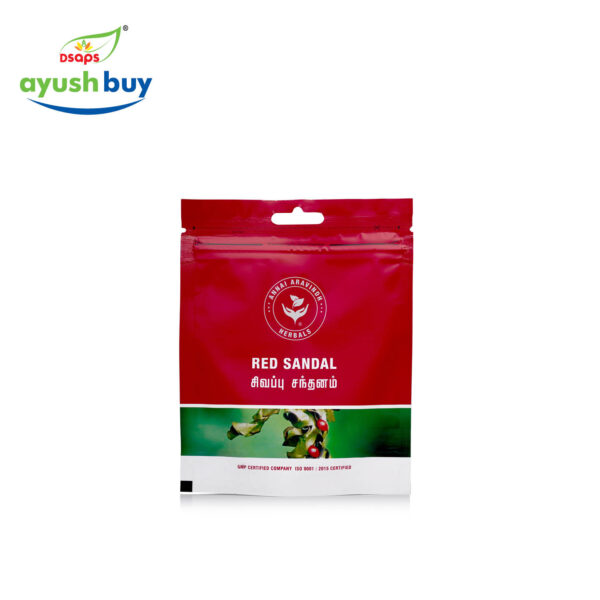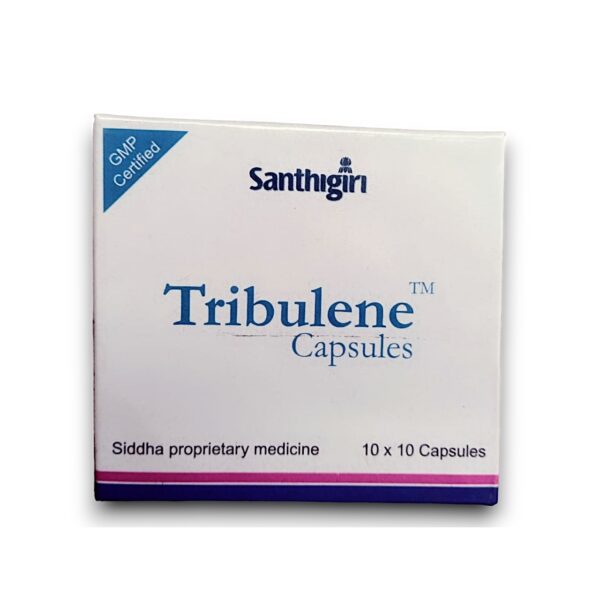White Discharge (Leucorrhoea)
What is Leucorrhoea?
Leucorrhoea is a normal milky white discharge or clear white discharge. It is usually thin and may or may not have a mild odor. It usually does not come along with itching or a strong foul odor. The occurrence of leucorrhoea doesn’t happen abruptly or suddenly.
When and How does Leucorrhoea occur?
Usually, its normal occurrence is during puberty or sexual excitement at times, or it is an indication that something is wrong with your body or reproductive system. Leucorrhoea can sometimes seem like an infection even though it occurs as white vaginal discharge. It is important to know when it is normal to experience leucorrhoea, and when it is a problem. Thick white discharge can occur throughout the menstrual cycle. This discharge is known as leucorrhoea, and it is completely normal. The discharge may start thinner in the days leading up to ovulation or when an egg is released. During ovulation, the vaginal discharge becomes very thick and mucous-like.
Leucorrhoea does not affect health if it occurs due to hormonal changes during the menstrual cycle, sexual excitement, early pregnancy, and puberty. If the discharge from the vagina has a foul smell and appears yellowish, it is typically a result of a bacterial or viral infection, often associated with sexually transmitted infections.
Complications
Without proper treatment, there is a risk of developing serious complications such as pelvic inflammatory diseases, infertility, cervicitis, gonorrhea, vaginitis, bacterial vaginosis, and other related conditions.
Leucorrhoea Types
Commonly, leucorrhoea is of 3 types. They are physiological, inflammatory, and parasitic leucorrhoea.
Leucorrhoea Symptoms
Along with whitish discharge, leucorrhoea is associated with lower abdominal pain, itching, and burning sensation may also occur.
Leucorrhoea Causes
Leucorrhoea may occur due to several causes. They are hormonal imbalance, overindulgence in sexual activity, improper vaginal hygiene due to chills etc.
Leucorrhoea Preventive Measures
By maintaining good hygiene and cleanliness during menstrual cycles, good dietary habits, proper washing of undergarments and drying them under the sun, avoiding stress, etc
Herbs used in Treating Leucorrhoea (White Discharge)
- Ashokapattai – saraca Asoca – in the form of powder (chooranam) / arishtam acts as a uterine tonic.
- Amman pacharisi – chitira paladai – Euphorbia hirta – in the form of chooranam (powder) with buttermilk effectively treats white discharge.
- Avuri-Neeli – Indigofera tinctoria – Avuri chooranam (powder) – has Anti-microbial activity.
- Arugan pul – Cynodon dactylon – in the form of chooranam (powder) / syrup prevents infections & reduces excess body heat.
- Vellarugu – Adenema hissopifolia – in the form of chooranam (powder) – reduces body heat & infection.
- Karkadagasingi – Pistacia integerrima – in the form of chooranam/ powder acts as an Anti-Bacterial agent.
- Kalyana poosani – Ash gourd – in the form of legium reduces excess body heat.
- Kazharchi Kodi – Caesalpinia crista-in the form of chooranam (powder) acts as an astringent useful in white discharge.
- Satavari – Taneervittan – Asparagus racemosus – in the form of juice /chooranam (powder) / legium helps to balance & strengthen the uterus/ Body coolant.
- Amukkara – Aswaghandha – chooranam (powder) / legium / tablet helps to strengthening the immune system.
- Thriphala (Gritham frequently used to treat leucorrhoea).
- Venthayam – Fenugreek – chooranam (powder) / tablet acts as a coolant to reduce excess body heat and treats white discharge.
These herbs give relief from itching, irritation, and maintain the correct pH level of the vagina. Reduces excess body heat, abnormal watery or thicky discharge
Steps to Prevent White Discharge (Leucorrhoea)
The following steps can to an extent prevent the occurrence of leucorrhoea.
- Good hygiene and cleanliness during menstrual cycles.
- Good dietary habits.
- Wash undergarments with an antibiotic solution and let it dry under the sun.
- Avoid stress – Stress and strain can influence hormonal levels.
- Avoid foods that aggravate the problem or increase your chances of leucorrhoea by avoiding all heavy, oily, fried, sugary, spicy, and sour foods.

